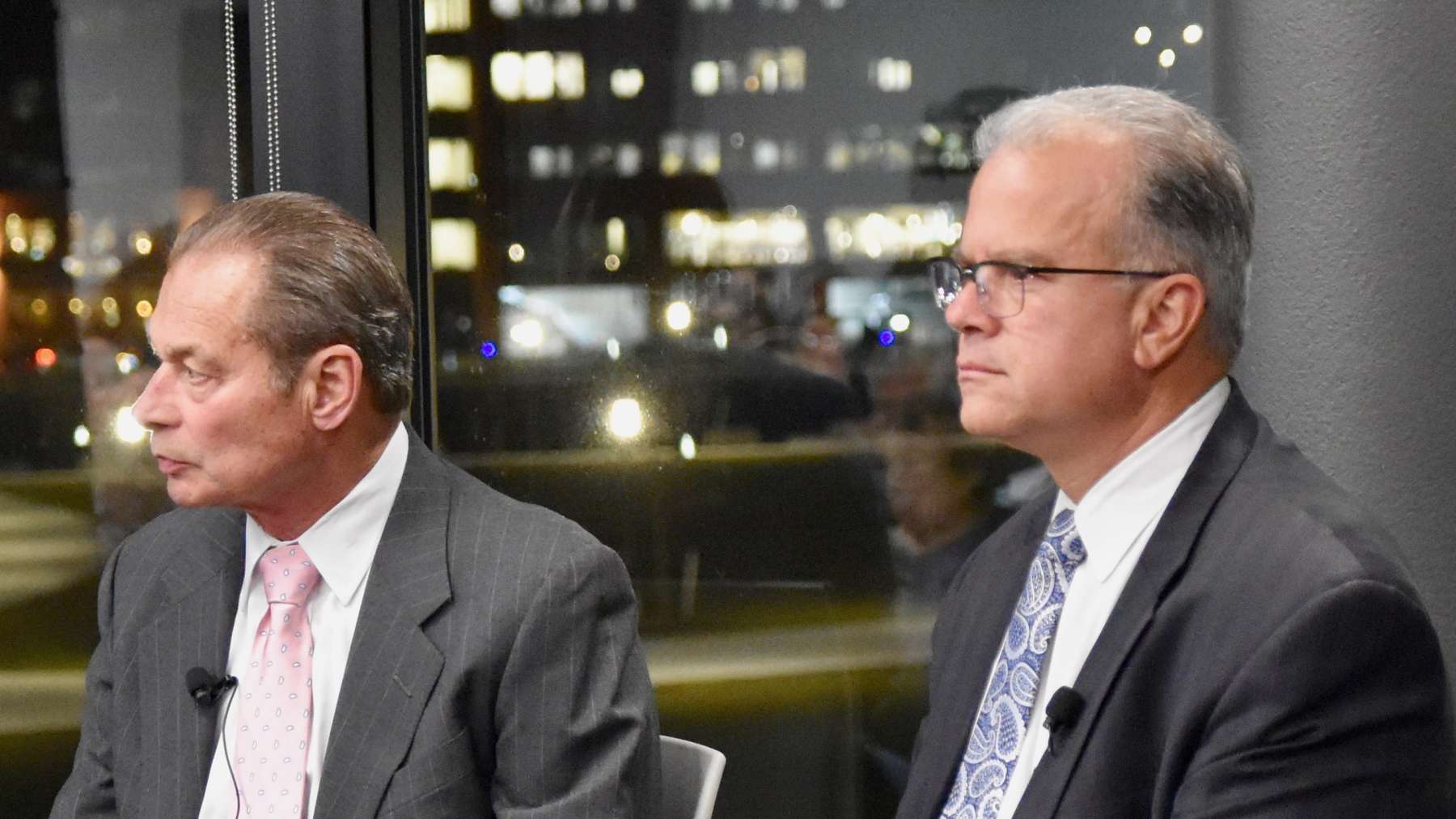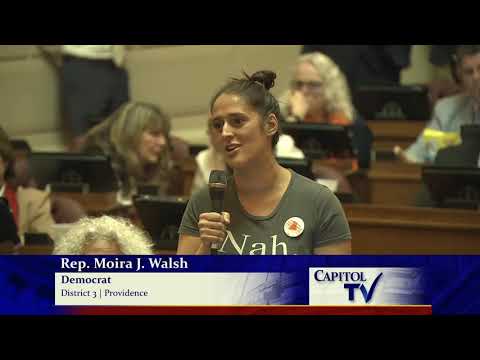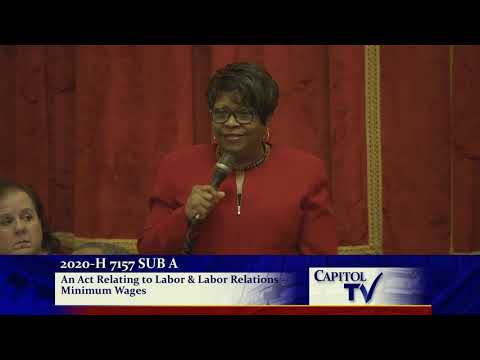Rhode Island is poised to pass a $1 minimum wage increase and that’s not good enough
“…no business which depends for existence on paying less than living wages to its workers has any right to continue in this country,” said FDR. “By ‘business’ I mean the whole of commerce as well as the whole of industry; by workers I mean all workers, the white collar class as well as the men in overalls; and by living
February 17, 2020, 5:05 pm
By Steve Ahlquist
“…no business which depends for existence on paying less than living wages to its workers has any right to continue in this country,” said FDR. “By ‘business’ I mean the whole of commerce as well as the whole of industry; by workers I mean all workers, the white collar class as well as the men in overalls; and by living wages I mean more than a bare subsistence level - I mean the wages of decent living.”
The Rhode Island House passed a one dollar increase in the minimum wage on Thursday before taking a week of from their legislative duties. The bill now goes to the Rhode Island Senate, which has passed a bill with identical language, so it looks like with Governor Gina Raimondo‘s signature, the minimum wage in Rhode Island will be $11.50 an hour starting on October 1.
Here’s a cut-down, 5 minute version of the floor debate:
This seems like a cause for some celebration, but we should be aware that this bill was a rewrite of a far better bill that would have raised the minimum wage by 75 cents on July 1 and by an additional 75 cents on January 1, 2021. That’s $1.50, not a dollar. And given that the Rhode Island General Assembly failed to pass any kind of a minimum wage increase last year, the mere one dollar increase merely catches us up to where Rhode Island should have been last January. In effect, every minimum wage worker in Rhode Island will have worked from January 1 to September 30 for one dollar an hour less than they would have been earning if the minimum wage had gone up last year.
Remember that every year the minimum wage does not go up, the purchasing power of the most vulnerable Rhode Islanders goes down, because of inflation. When consumers spend less, the economy suffers.
But there are more issues with the bill as passed. As Representative Moira Walsh (Democrat, District 3, Providence) pointed out during the debate on the House floor, the General Assembly has not increased the tipped minimum wage at all for four years. So while the minimum wage has increased somewhat, servers in restaurants, the vast majority of whom are women, get no raise this year, again.
The original bill also contained a path to a $15 an hour minimum wage, as both Connecticut and Massachusetts have done. Those states, who both lead Rhode Island in minimum wage, are on track to pay their workers $15 an hour through gradual increases. The original bill set Rhode Island on a path to $15, in 75 cent increments, the revised bill that passed did not. As Representative Gregg Amore (Democrat, District 65, East Providence) pointed out during the House floor debate, Rhode Island businesses are having a harder time holding onto good workers, because they can cross the border for higher wages.
But perhaps most annoying was hearing Representatives like Christopher Millea (Democrat, District 16, Cranston) and House Majority Leader Joseph Shekarchi (Democrat, District 23, Warwick) misrepresent the facts about both the bill in question and minimum wage in general during the floor debate. Millea implied that the bill in question is an improvement over bills that try to push for a $15 minimum wage increase in one year, in other words jumping from $10.50 to $15 in one go. Unfortunately, no such bill to raise the minimum wage for all minimum wage workers has been submitted in Rhode Island. All the bills called for graduated increases over years.
Representative Shekarchi repeated the oft-told lie that the minimum wage was never intended to be a living wage. In fact, as you can read here, FDR intended the minimum wage to be a living wage when he introduced it in 1933 as part of the New Deal. Shekarchi seems to be repeating the lies business lobbyists are feeding him at exclusive luncheons and fundraisers.
“…no business which depends for existence on paying less than living wages to its workers has any right to continue in this country,” said FDR. “By ‘business’ I mean the whole of commerce as well as the whole of industry; by workers I mean all workers, the white collar class as well as the men in overalls; and by living wages I mean more than a bare subsistence level - I mean the wages of decent living.”
Here’s the entire 40 minute debate:
- Senate Labor passes $1 increase in minimum wage, balks at pathway to $15
- House Labor bows to Senate, hears minimum wage bill with no path to $15
UpriseRI is entirely supported by donations and advertising. Every little bit helps:
Become a Patron!








